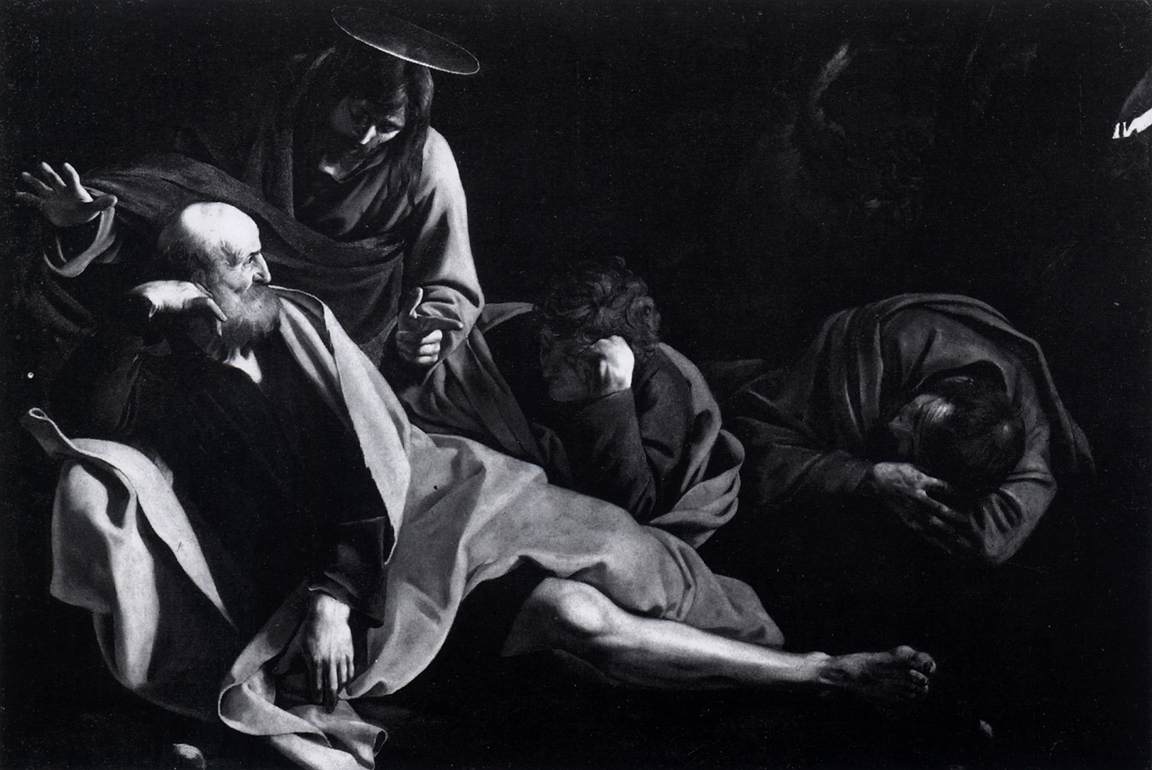Description
Caravaggio's painting "Christ in the Garden" is an impressive work showing the biblical scene of Jesus in the Garden of Gethsemane. This painting is a perfect example of the Baroque artistic style, which is characterized by its drama and realism.
The composition of the painting is very interesting, as Caravaggio chose to show Jesus in the foreground, with the apostles in the background. This choice of composition emphasizes the importance of Jesus in the scene and creates a feeling of intimacy and closeness with the viewer.
Color is also a prominent aspect of this painting. Caravaggio used a limited palette of dark, earthy tones, creating a gloomy, melancholy atmosphere. The use of light and shadow is also impressive, as Caravaggio uses the chiaroscuro technique to highlight the figure of Jesus for dramatic effect.
The story behind this painting is fascinating. It was commissioned by Cardinal Scipione Borghese in 1603 and is believed to have been painted in the same year. The painting was stolen in 1969 and has never been recovered, making it one of the most sought after works in the art world.
Also, there is a little-known aspect of this painting that is interesting to mention. It is believed that Caravaggio used a beggar as a model for Jesus, demonstrating his interest in the realistic representation of his characters.
In short, Caravaggio's painting "Christ in the Garden" is an impressive work that stands out for its baroque artistic style, its composition, its use of color and light, its intriguing story, and its interest in the realistic representation of its characters.

